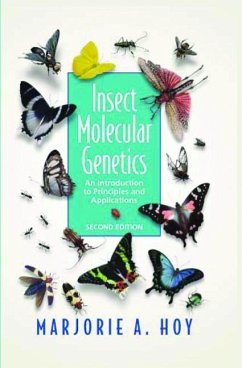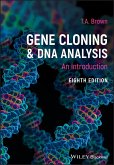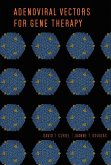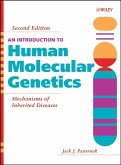Insect Molecular Genetics, 2nd edition, is a succinct book that briefly introduces graduate and undergraduate students to molecular genetics and the techniques used in this well established and important discipline. The book is written for two converging audiences: those familiar with insects that need to learn about molecular genetics, and those that are familiar with molecular genetics but not familiar with insects. Thus, this book is intended to fill the gap between two audiences that share a common middle ground.
- Up-to-date references to important review articles, websites, and seminal citations in the disciplines
- Well crafted and instructive illustrations integral to explaining the techniques of molecular genetics
- Glossary of terms to help beginners learn the vocabulary of molecular biology
Dieser Download kann aus rechtlichen Gründen nur mit Rechnungsadresse in A, B, BG, CY, CZ, D, DK, EW, E, FIN, F, GR, HR, H, IRL, I, LT, L, LR, M, NL, PL, P, R, S, SLO, SK ausgeliefert werden.









